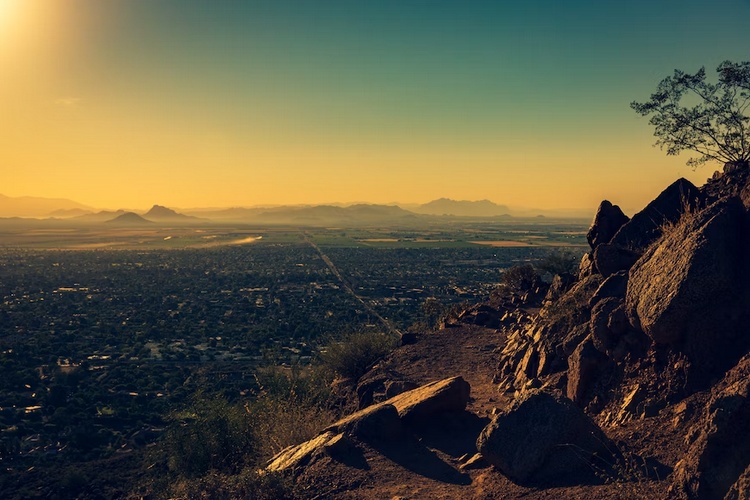July 14 NEC Energy News
¶ “World Registers Hottest Day Ever Recorded – What’s To Come?” • So far in July, the record for the world’s hottest day has been broken four times, data from the US National Centers for Environmental Prediction shows. ASU News interviewed Randy Cerveny, who keeps the world’s weather records for the World Meteorological Organization. [CleanTechnica]

¶ “France’s Nuclear Power Stations To Limit Energy Output Due To High River Temperatures” • High temperatures could halve nuclear power production at plants along France’s Rhone River this week. Output restrictions are expected at two nuclear plants in eastern France due to high temperature forecasts, nuclear operator EDF said. [Euronews.com]
¶ “Reality Check: Natural Gas’s True Climate Risk” • New RMI analysis has definitively calculated natural gas’s global life-cycle emissions and compared those to the global life-cycle emissions of coal. A study published in the science journal Environmental Research Letters concludes that leaky gas is as damaging to the climate as coal. [CleanTechnica]
¶ “Excessive Heat Scorches Millions Across US Southwest” • An unrelenting heatwave is scorching the Southwest, with Arizona projected to see a record stretch of extreme hot weather. Over 115 million people are under some form of heat warnings, according to the National Weather Service. Phoenix has had fourteen days of temperatures hitting at least 43°C (110°F). [BBC]

¶ “China Is Quietly Building A Green Energy Empire In Latin America” • China is expanding its green energy production and growth potential rapidly in key emerging markets. While China is busily making inroads in renewable energy markets in Asia, Africa, and even the West, nowhere has its influence grown more rapidly than in Latin America. [Oil Price]
¶ “Batteries, Not Blackouts: California’s Power Grid Gets Boost From Battery Energy” • As California increases its reliance on renewable energy sources like solar and wind, there’s a concern that there may not be enough energy during certain seasons and times of the day to keep the lights on. But now, California has 5,600 MW of battery capacity. [CBS News]
For more news, please visit geoharvey – Daily News about Energy and Climate Change.
